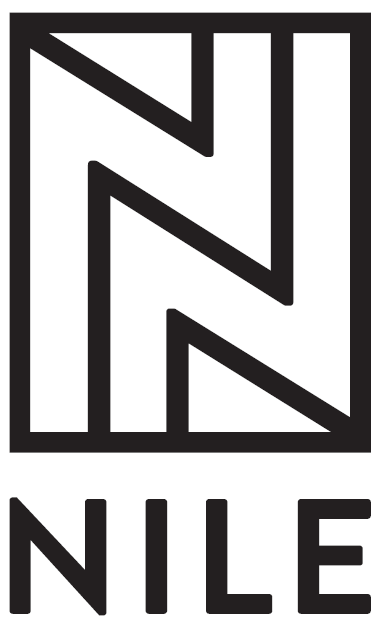
FAIR WORKING CONDITIONS
It is important to us at NILE that all of our garments are produced under conditions that respect human dignity and meet the social standards we have defined.
PRODUCTION
The production chain is fully NILE's responsibility. This means that we know each of the producers involved at each step of the process, from the supplier of the raw materials to the weaving mill, the thread spinner, the dye works, the print shop, and the sewing shop. This is only possible because we have been pursuing a strategy of long-term and close cooperation with just a few producers. Audits and certification processes along the entire supply chain are indispensable for setting standards.
It is important to us at NILE that all of our garments are produced under conditions that respect human dignity and meet the social standards we have defined. We have partner companies in various countries, some of them in China. In order to take on a large part of the responsibility locally, we opened a separate NILE office with five full-time employees in Shanghai in November 2012. Our team in Shanghai regularly visits and inspects our production sites. This enables NILE to ensure social and environmental standards, maintain personal contact with our producers, and enforce the NILE Code of Conduct.

"We select our production partners with care and maintain long-term business relationships in order to ensure our high sustainability and quality standards."
FAIR WORKING CONDITIONS
We have long been a member of amfori (formerly BSCI). Compliance with amfori standards and regular amfori audits are important to us. This is why all our producers must pass amfori audits before working with us.
The following 13 aspects are checked as part of an amfori audit:
social management systems and their cascade effect
employee participation and worker protection
the rights to freedom of association and to engage in collective bargaining
no discrimination
fair wages
reasonable working hours
workplace health and safety protections
no child labor
special protections for young workers
no precarious employment
no forced labor
protection of the environment
ethical business practices
amfori demands that 2/3 of a member's production volume be audited. NILE has an audit rate that exceeds 98% of its production volume. Passing a amfori audit is a basic prerequisite before we begin working with any new producers.
In addition, there is the NILE Code of Conduct, which we and our producers embrace in line with our values and principles: no forced labor, no child labor, freedom to assemble and engage in collective bargaining, payment of a living wage, adequate working hours, safe and healthy working conditions, and legally binding employment relationships.
Further, any producer wishing to work for NILE must provide the following information: payroll lists, including information on social insurance payments, details of their upstream suppliers, percentage of the production price paid to seamstresses, etc.
Further reading
Full NILE Code of Conduct
NILE CODE OF CONDUCT
Principles for Working with NILE
WORKING WITH NILE
amfori Code of Conduct
AMFORI CODE OF CONDUCT
CLEAN CLOTHES CAMPAIGN – NILE WAGE ASSURANC
Other certifications
Many of our producers have other certificates such as WRAP, ISO 800, and others that are subject to regular audits. Here too we require all audits in order to obtain as complete a picture as possible of each individual producer.
Minimum wage
We are committed to ensuring living wages throughout our supply chain.
In the major NGO study by Public Eye, in which 45 fashion companies were polled, NILE was one of only two companies that could prove it pays a living wage to at least some of their production employees. Only NILE could prove that this was the case for more than 50% of its employees.
